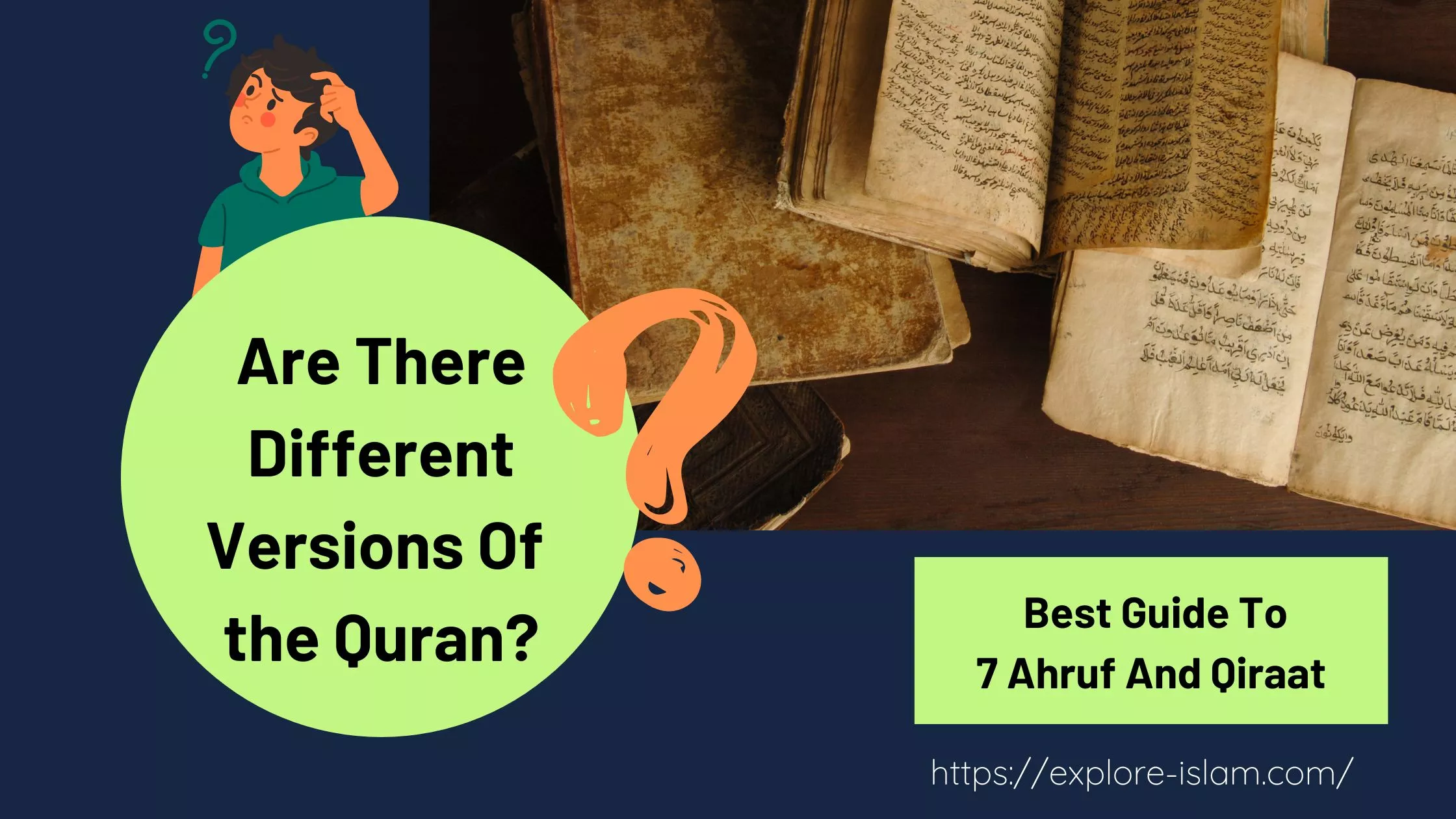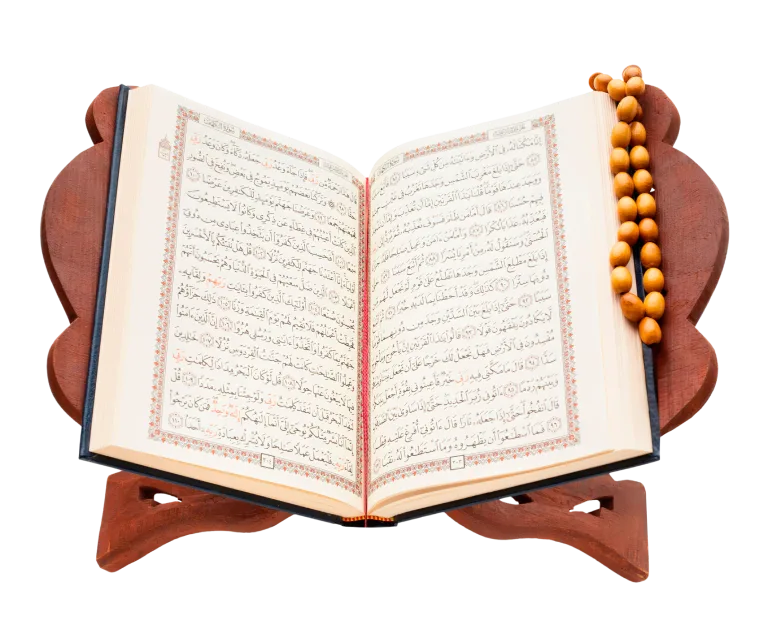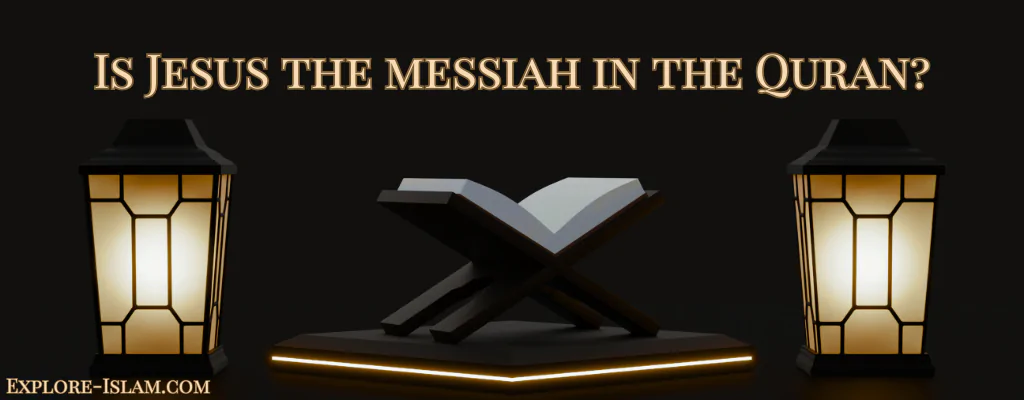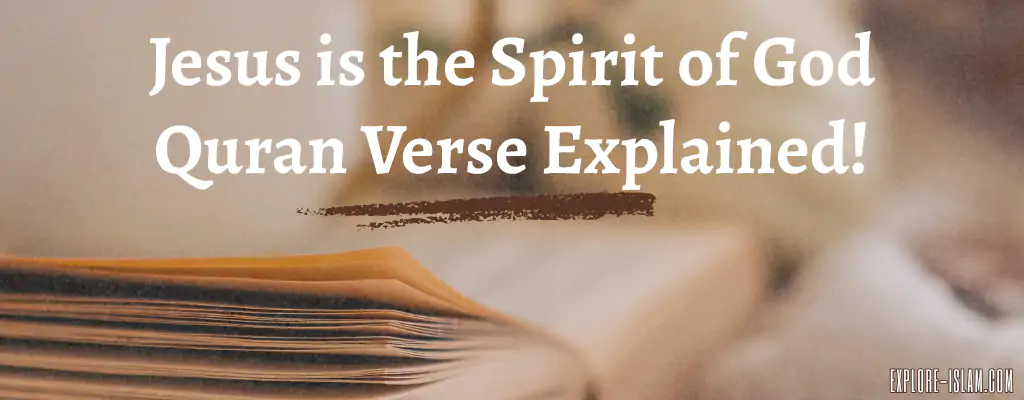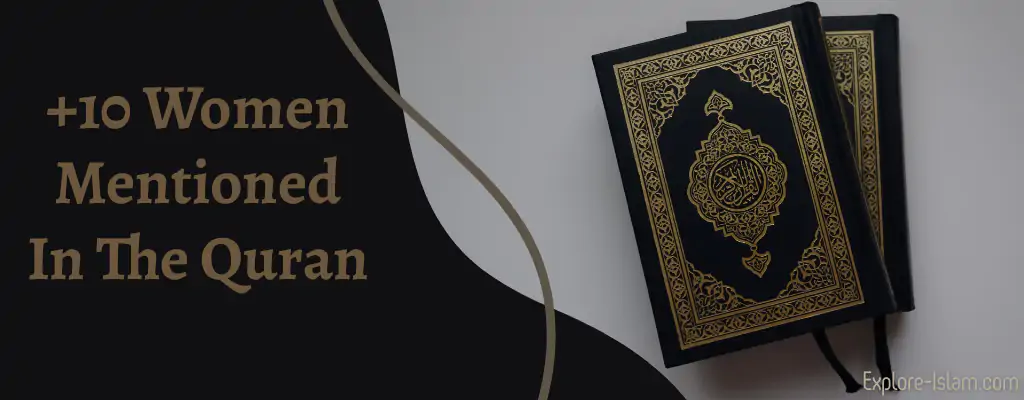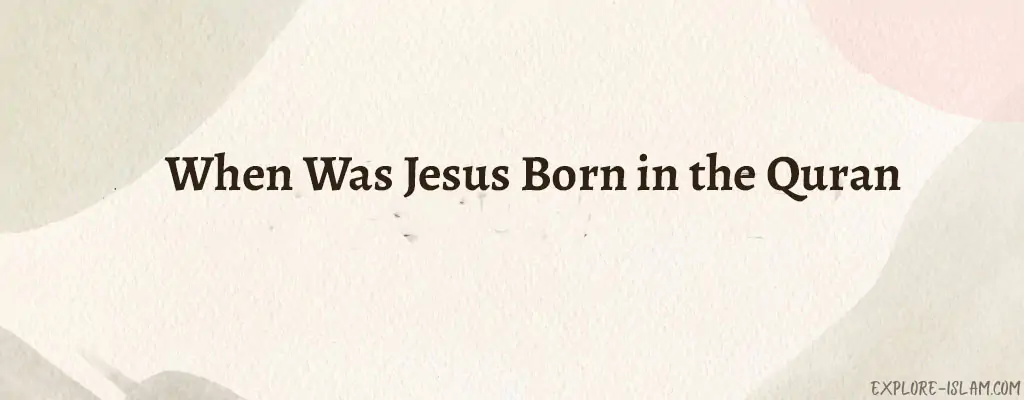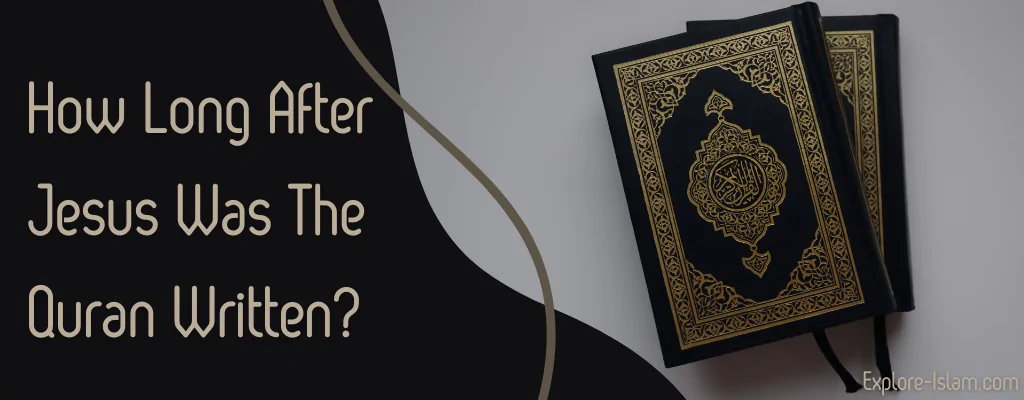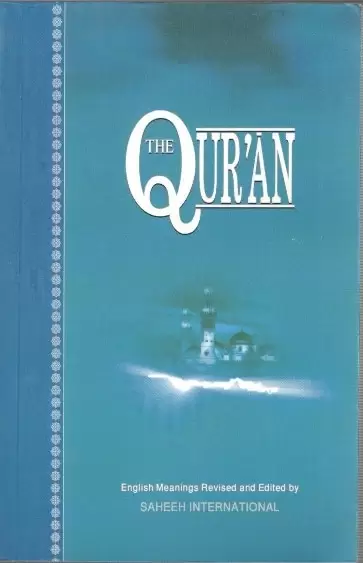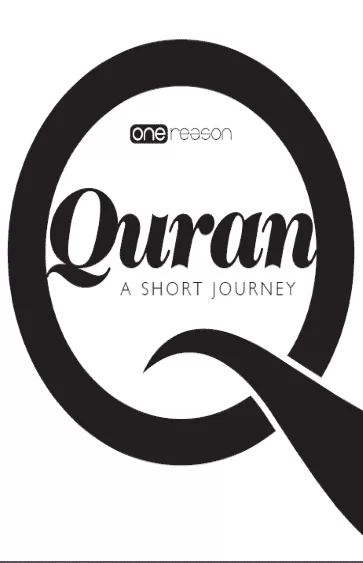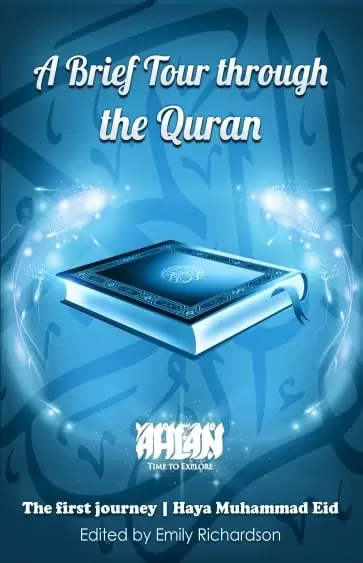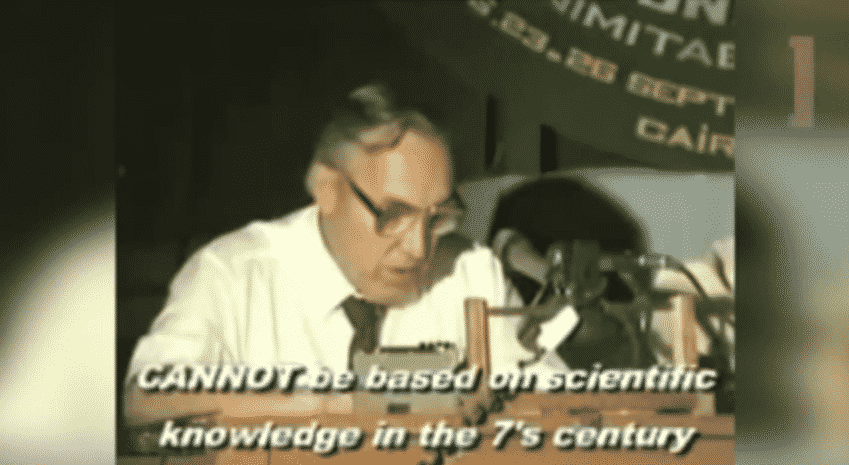Interesting issue, isn’t it? The claim of the “Quran being the most authentic book in the world”, the idea of the Quran being “The only unaltered divine message now” and that Quran is “The last authentic revelation from God”, all are defied. So, to resolve this once and for all, we need to discuss several controversial ideas.
Here we will learn the following:
- The source of the issue of versions of the Quran
- Why Is The Quran The Most Authentic Book?
- What are the 7 Ahruf of the Quran?
- What are The 7 Qirat of The Quran?
- How many Qiraat are there?
- What makes the Qirah Authentic?
- How different are the Qiraat?
- The Printed Copies of the Quraat of the Quran?
- How many copies of the Quran are there?
The source of the issue of versions of the Quran
The misunderstanding arose from anti-Islamists and non-Muslims “Ignorantly” claiming that “Qira’at” a plural word, actually means different versions of the Quran and wrongfully spreading the idea amongst all who would listen, even ignorant Muslims.
Read also: Who Wrote the Quran? – Real Examination To The Author of the Qur’an
How Many Versions of the Quran are There?
There is only one Quran, which is the revealed word of God, preserved in its original form. However, there are different recitations (Qirā’āt) of the Quran, which refer to various methods of pronunciation and recitation. These methods developed to accommodate different dialects of Arabic, reflecting linguistic and phonetic diversity without altering the meaning of the text.
The Quran was revealed in seven Ahruf (dialects or modes), which allowed different Arab tribes to recite the Quran in their respective dialects. Over time, these recitations were preserved and passed down through established chains of transmission, resulting in ten recognized Qirā’āt.
The ten Qirā’āt are:
- Nafi’ al-Madani
- Ibn Kathir al-Makki
- Abu ‘Amr al-Basri
- Ibn ‘Amir ash-Shami
- ‘Asim al-Kufi (the most commonly used, especially in the Hafs transmission)
- Hamzah al-Kufi
- Al-Kisā’ī
- Abu Ja’far
- Ya’qub al-Hadrami
- Khalaf al-Bazzar
- The first seven Qirā’āt are the most widely recognized, but all ten are valid and authentic. These Qirā’āt mainly differ in pronunciation, vowel length, or grammar, without affecting the meaning of the Quran. They enhance the richness of Quranic recitation while preserving the message intact.
In summary, while there is one Quran, there are multiple authentic Qirā’āt (recitation methods) that reflect the diversity of the Arabic language and the context of revelation.
Why Quran is the most authentic book?
Before digging deep into the topic of Qira’at, we need to have a complete picture of how the Quran reached us. To start with, Allah SWT says:
“We shall make sure of its safe collection and recitation.”
[Quran 75:17]
Let’s see how this divine promise was fulfilled in reality in a way that supersedes the preservation of any other religious book on earth.
The Quran is the most authentic book because the Quran has been preserved in two ways that complement one another:
A. Oral transmission:
The angel Gabriel taught Prophet Muhammad how to recite the revealed verses of the Quran over the span of 23 years and used to revise it with him every year in the holy month of Ramadan and in the last Ramadan before the Prophet’s death, he revised it twice with him.
The Prophet’s main mission was to convey the divine message to the people through all possible means. Once he received a new revelation from God, he taught it to his companions and ordered his scribes to write it down.
Many companions memorized the whole Quran in the life of Prophet Muhammad. The generation of companions went in the footsteps of the prophet and carried the message forwards to the next generation “called Tabe’en”. Afterwards, this generation of “Tabe’en” taught the following generation and so on.
Thus, the Quran has been transmitted with very high accuracy through golden chains of trustworthy reciters until it reached us as pure as Prophet Muhammad read it 1444 years ago.
B. Easy to Memorize
It is worth mentioning here that Allah SWT has miraculously made the Quran easy to be memorized. It is mind-blowing that you can find a 5-year-old Asian or European child who memorizes the whole Quran, although he cannot speak Arabic.
Allah says in the Quran, declaring this point:
“And We have certainly made the Quran easy to remember. So is there anyone who will be mindful?”
[Quran 54:17]
C. Preservation in the written scripture
The Quran was preserved in the written scriptures and manuscripts even during the lifetime of the Prophet (saw) and between his hands. The Prophet (saw) assigned several writers to write the revelation once revealed to him. They are known by names and called the “writers of revelation – Kuttab al-Wahi“. The Prophet had many scribes like Zaid Bin Thabet, Ubai Bin Ka’ab, and the 4 Caliphs (Abu Bakr, Umar, Uthman, Ali).
After the Prophet’s death and the end of revelation, Abu Bakr (the first ruler after the Prophet) compiled the written manuscripts into one book. After a few years, the manuscripts were copied into several mushafs (written books) and sent across the Muslim world. Generation after generation, the Quran is the same in both written and oral transmission.
The Quran is the most authentic book because of the integration of these methods and the start from the beginning at the time of the Prophet and his companions.
What are the 7 Ahruf of the Quran?
The Seven Ahruf of the Quran are Revelations from God, by which Muslims were allowed to read the Quran in seven variant ways of recitation. These revelation-based recitations refer to the same text. They also contain some dialects of the Arabs, but not all. It was revealed in the Madinah on the 9th of al-Hijrah. The Prophet PBUM recited them and taught them to his companions, then their successors taught them to the next, etc.
The seven variant ways of recitation were revealed by God so, it is from the same source; as God SWA is the only authority -from the very beginning- to send Prophets and to reveal Scriptures.
Gabriel initially taught the prophet to recite in one mode ( the dialect of Quraish, the tribe of prophet Muhammad) but the prophet kept asking Allah for more modes until they reached seven modes “Seven Ahruf” to make it easy for the believers.
The Prophet’s intention was to make the recitation of the Quran easy for the various Arab tribes who entered Islam, taking into consideration the different social statuses of the people at the time.
Therefore, there is no problem with having Divine ways of recitation. Hence, the search for authenticity has to do with the proof of the divinity of the Quran and the truthfulness of its Carrier PBUH. If we proved the divinity of these revelation-based variant recitations, so we accept whatever comes after.
Here is the hadith reporting the issue of the 7 Ahruf:
“The Messenger of Allah (ﷺ) met Gabriel and said: ‘O Gabriel! I have been sent to an illiterate nation among whom are the elderly woman, the old man, the boy and the girl, and the man who cannot read a book at all. He said: ‘O Muhammad! Indeed the Qur’an was revealed in seven modes.'”
What are The 7 Qirat of The Quran?
The seven Qirat of the Quran technically refers to “agreed upon (by Muslim scholars) oral recitation methods of Quran.” Qira’at (pl. of Qirah) in the Quran refers to the various ways of reciting the Holy Quran.
They are different lexical, phonetic, linguistic, morphological, and syntactical manners permitted with reciting the Quran. Each Qirah has its own certain rules of recitation and variations in words and letters.
Qira’at also refers to the branch of Islamic studies that deals with these recitation manners. Thus, Qira’at are the verbalization of the Quran, and the Quran is preserved in Qira’at.
Schools of Qira’at, each one derives its name from a famous reader of Quran recitation taught by the Messenger (PBUH).
These Qira’at differ only in ways that DO NOT IN ANY WAY COMPROMISE MEANINGS OR PERMIT WHAT IS FORBIDDEN.
For example, There is English with an Irish accent, English with a Scottish accent and so on. Can I say “There are different kinds of English, Irish, Scottish, …?!”
How many Qiraat are there?
Traditionally, there are 10 recognized (agreed upon by Muslim scholars), derived from the seven ahruf mentioned above. Of which seven are categorized by a Muslim scholar “Abu Bakr Ibn Mujahid is the most authentic and accepted.
All Sahih Qira’at (authentic) were taught and revised orally and personally by the Prophet (PBUH) with his companions till the end of his blessed life, according to a Sahih Hadith (authentic Prophetic saying) narrated by Ibn Masoud.
Each Qirah is named after a famous reader of Quran recitation taught by the Messenger (PBUH) like Asim Al-Kufi and Naafi’ Al-Madani.
What makes the Qirah Authentic?
For a Qirah to be considered authentic, these conditions must be all met:
1. The condition of Tawaatur: having an authentic chain of narration (Reliable, numerous and continuous chain of narrators) back to the Messenger of Allah (PBUH).
2. The variations in recitations should match known Arabic grammatical constructions. In the case of unusual constructions, it could be verified by their existence in passages of pre-Islamic prose or poetry that are known.
3. The recitation should coincide with the script of one of the copies of the Quran distributed during the era of Caliph Uthman which is written according to Quraysh’s dialect (the tribe of the Prophet).
How different are the Qiraat?
Subhi Al-Saalih in his book in the study of Science of Quran summarizes the differences into seven main categories:
- Grammatical indicator.
- Consonants.
- Nouns as to whether they are singular, dual, plural, masculine or feminine.
- Differences in which there is a substitution of one word for another.
- Due to the reversal of word order in expressions where the reversal is meaningful in the Arabic language in general or in the structure of the expression in particular.
- Small addition or deletion in accordance with the custom of the Arabs.
- Due to dialectical peculiarities.
Some differences between the Qira’at miraculously complement one another to add new valid beautiful meanings to the verses. So, it is a way to increase the meanings that can be deduced from a single verse. Many books have been written in this subject and many books of Tafsir (Quran interpretation) also mention examples of these.
A fact to remember; all those Qira’at are authentic and traced all the way back to the Messenger Muhammad (PBUH). The Qira’at represent what remained from the seven Ahruf of the Quran, which can fit with the final unified manuscript of Uthman.
The printed versions of the Qiraat of the Quran?
Qira’at exist in printed editions as well nowadays. Even most Muslims are not aware of this fact, but each Mus’haf (printed Quran) carries either in the beginning or in the end the rules of pronunciation of that Qira’ah as well as the Isnad (narration authentication).
However, It must be said that the first written Quran was dictated by the Messenger of Allah (PBUH) to specific known companions immediately after revelation, as well as the memorizers and those writings were the source of the first round of Quran collection and authentication during Abu Bakr’s time (first Calif) and the second round of Quran collection and authentication during Uthman’s time (third Calif) in Quraysh tribe dialect.
Both writings were devoid from dots and diacritical markings which were introduced later on by Muslim scholars to insure correct pronunciation of the written Quran in accordance with the recited authentic Qira’at.
Muslim scholars introduced dots and diacritical markings to Arabic writing. The most renowned of are Abu’l Aswad ad-Du’alî (d. 69 / 688), Naṣr Ibn ʿĀṣim (d. 89 / 707) and Yaḥya Ibn Yaʿmur (d.129 /746).
Read also:
Conclusion – How many copies of the Quran are there?
There is only one version of the Quran in the World. However, there are Qira’at that are not the different “versions” or “texts” of the Qur’an as fantasized by non-Muslims and anti-Islamists. Qira’at are authentic divine revelations of Quran that are handed down unaltered from the Messenger of Allah (PBUH). Although they differ in some aspects of the way of recitation, they convey the same message.
Finally, Allah SWT confirms His preservation of the Quran until The Day of Judgment:
Indeed, it is We who sent down the Qur’an and indeed, We will be its guardian”
[Quran 15:9]

